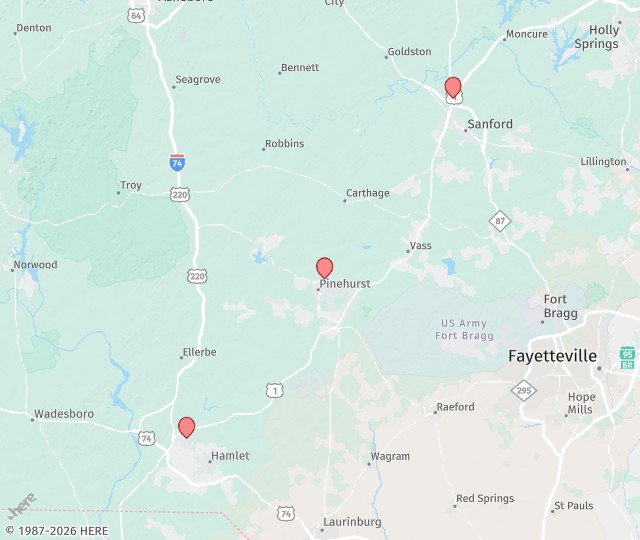With summer in full swing, it’s not likely that you are going to catch the common cold or flu. And although these airborne viruses are nothing to mess with, here at Dr. John Moore’s office we see patients for a whole other beast: orthopaedic and joint issues. As a fairly common joint condition, osteoarthritis is nothing to mess with but luckily, it’s not something that you’re going to contract from your neighbor. So, how is osteoarthritis caused and how can you tell if you have it?
How Is It Caused?
Because arthritis is primarily prevalent in the knees and hips, there’s no getting around the fact that constant wear and tear of walking and running is one of the culprits of it. However, there are other factors that also play a role including:
- Genetics: Collagen is a protein that helps make up the cartilage in your joints. Some people inherit a rare genetic defect which lowers their body’s production of collagen; this can lead to some patients developing osteoarthritis as young as 20.
- Joint Overuse: If you work in an industry where you’re continually standing, kneeling, or placing pressure on your joints, this puts you at a higher risk of developing osteoarthritis.
- Obesity: Adding extra weight to your joints on top of the usual wear and tear can also increase your chances of developing osteoarthritis.
- Joint Injury: Patients who have previous sports injuries are also more likely to develop osteoarthritis later on in their lives.
- Certain Diseases: Patients who have rheumatoid arthritis are more likely to develop osteoarthritis as well. Other diseases can also increase your likelihood of getting it.
What Are the Symptoms?
In some patients, it can be hard to decipher from just having stiff joints to having a condition like osteoarthritis. The best way for us to determine whether or not you have this is with an examination from Dr. John Moore. Typically, patients with osteoarthritis have:
- Stiffness in the joint after periods of inactivity
- Pain after activity involving the joint, particularly intensive use
- Pain that radiates from the hips to the groin, buttocks, or the inside of the thigh
- Clicking or cracking sounds when a joint bends
- Joint aching and soreness, especially with certain movements
- Mild swelling around a joint
- A scraping sensation in the knees after movement
- In the fingers, bone spurs may make the fingers swollen, tender, and red.
If have any of these signs or symptoms of osteoarthritis, contact our Pinehurst office today at 910-295-0224.
